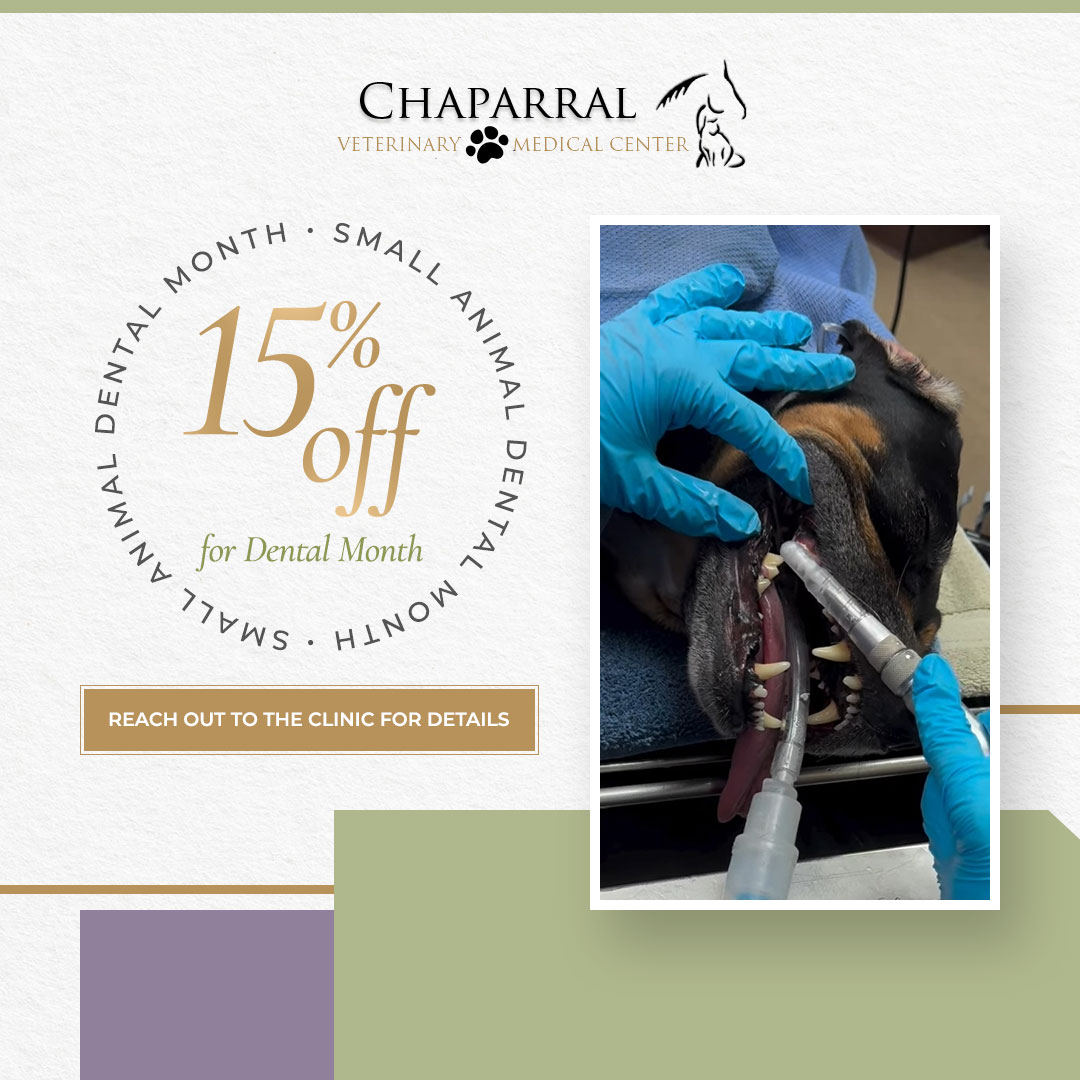Cave Creek, AZ 85331
Rhodococcus equi

Rhodococcus equi is a gram-positive coccobacillus facultative intracellular pathogen. It is known to be the most serious cause of pneumonia in foals 1–4 months old. The bacterium is found in soil allowing it to be easily inhaled which is the most common route of infection. A major source of the bacterium is from manure of infected horses – the manure contaminates the environment, the foal then swallows sputum contaminated with the bacteria which replicates in the gastrointestinal tract (specifically the intestines). Rhodococcus equi may manifest as one of a variety of clinical forms. The most common one is pneumonia, but its other forms include abdominal abscesses, joint swelling or infection, bone infection, and ocular manifestations among others. Clinical signs of Rhodococcus equi can include fever, depression, coughing, weight loss, swollen joints, colic and/or diarrhea.













